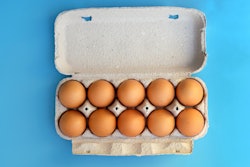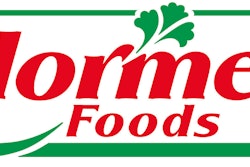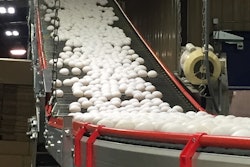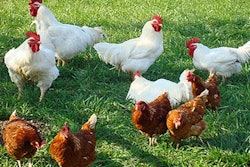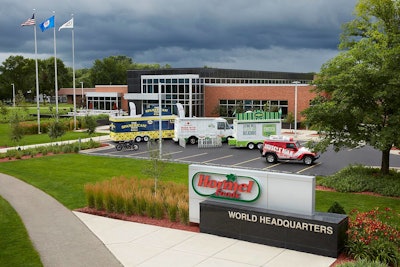
Hormel Foods Corp. has implemented its plans to use only cage-free eggs in its products, according to The Post Bulletin in Rochester, Minn.
"We understand that consumers are increasingly requesting cage-free eggs, and are proud of the fact that 100 percent of the eggs we purchase to manufacture our products are cage-free eggs," according to a Hormel statement.
Josh Balk, senior director of food policy at The Humane Society of the U.S., worked with Hormel for several years on animal welfare, mostly with hogs. For about four months, discussions began regarding the potential switch to using cage-free eggs for the corporation's frozen breakfast product that uses eggs.
What struck Balk more about Hormel's decision to switch to cage-free was how quickly Hormel had already begun implementing the practice just last Friday after receiving a phone call from the corporation.
"They made the switch already," he said. "Many other companies that pledged to go cage-free planned to do so by doing a phase in over several years. Hormel switched seemed almost 'overnight.' That is a tremendous announcement that goes to a strong commitment to address animal welfare."
There are arguments that for a farmer to run a cage-free farm would cost around 36 percent more to operate, and the housing system requires more labor and can't contain as many birds, according to The Coalition for Sustainable Egg Supply. This could also mean higher prices for consumers to purchase a cage-free egg.
The USDA National Retail report noted that as of May 6, 2016, advertised prices for shell eggs and egg products sold in almost half of the 29,100 major retail supermarkets was 1.07 cents a dozen for white, large USDA Grade A eggs while cage-free large white eggs sold at $2.49, which is more than twice as expensive.
Many caged hens are unable to spread their wings, and are extremely confined in small spaces for a majority of their lives, Balk said, and can be denied many behaviors such as nesting, perching, and dust bathing.
To read more, click here.




